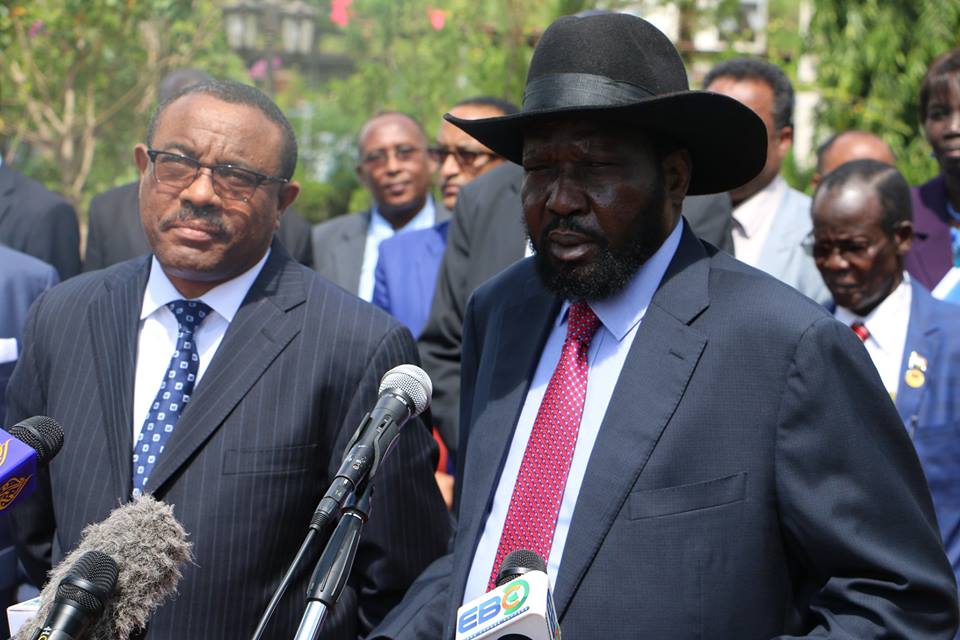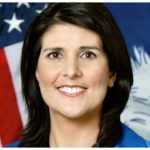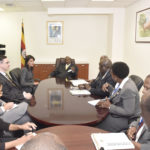South Sudan President Salva Kiir Monday said he accepted the deployment of the regional protection force because he has received numerous assurances of support and cooperation from the United Nations and regional leaders.
The president also disclosed he received assurances from regional leaders that the force would never take unilateral decisions.
“Many leaders from the region have been calling and asked me to accept on behalf of the people of South Sudan the deployment of the regional protection force. I told them this is not a personal thing for me to just decide. I said I will consult with the people. And so we did this with the stakeholders,” Kiir said.
He added that his first deputy Taban Deng Gai who leads a splinter faction of the SPLM-IO and his team consulted among themselves and they agreed that this should be taken to the cabinet where a formal decision was taken to accept the 4000 strong force on Friday.
The head of state was speaking to some members of the Dinka Council of Elders who visited him at his residence to congratulate him on the acceptance of the deployment of the regional protection force and for a successful foreign trip to Equatorial Guinea for Arab- Africa summit.
President Kiir, according to one of his top aides, also requested them to campaign for peace and reconciliation in the country, saying war does not resolve differences. He further declared his personal commitment to end the conflict.
“We have accepted the deployment of the regional protection force because of peace. We need our people to return to their homes and resume their normal lives. If this force will play a positive role, then let them come,” said president Kiir according to one of his top aides.
The South Sudanese government initially rejected the deployment of troops from countries sharing immediate borders with the young nation saying “they have interests in the country.”
But after a visit of the Ethiopian Prime Hailemariam Desalegn, at the end of October 2016, Juba said it accepts the participation of the Ethiopian troops in the regional force and said they signed a security agreement to stop hosting armed opposition groups in their respective countries.







